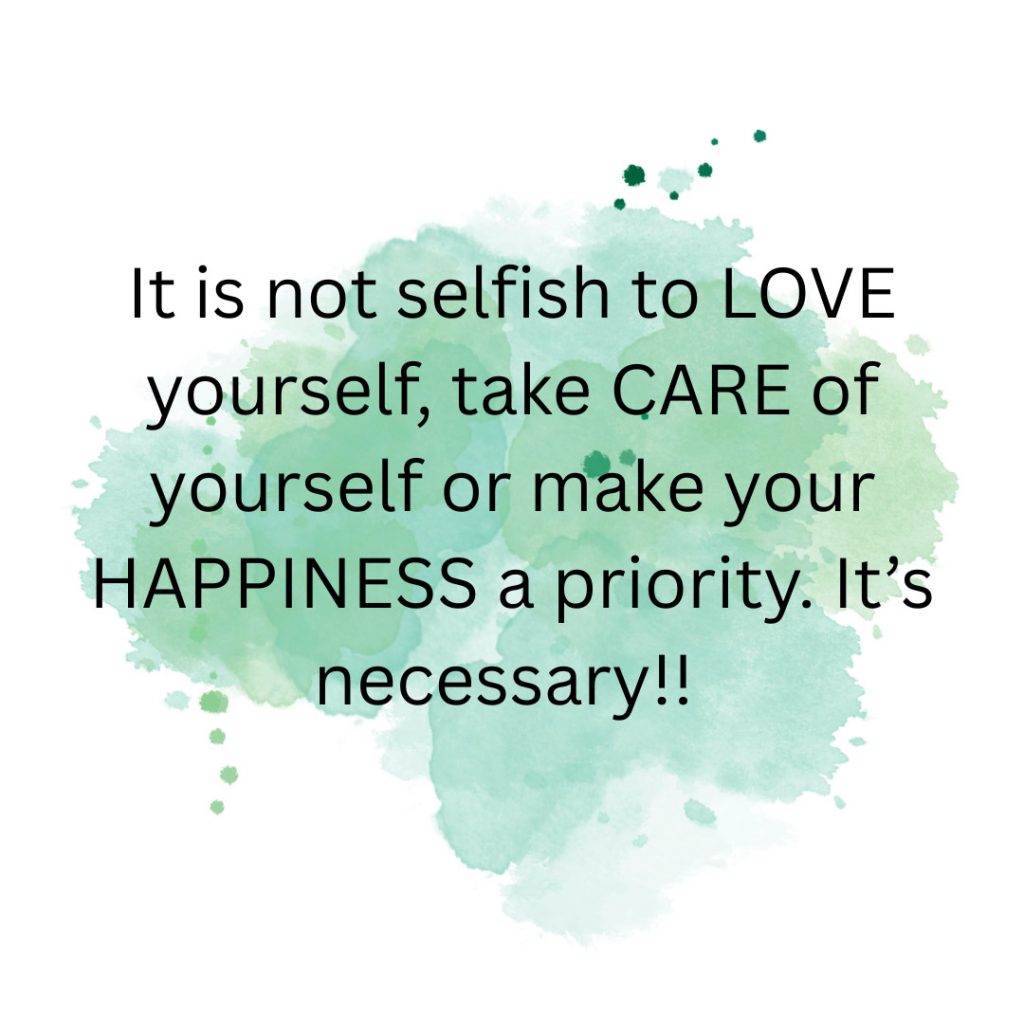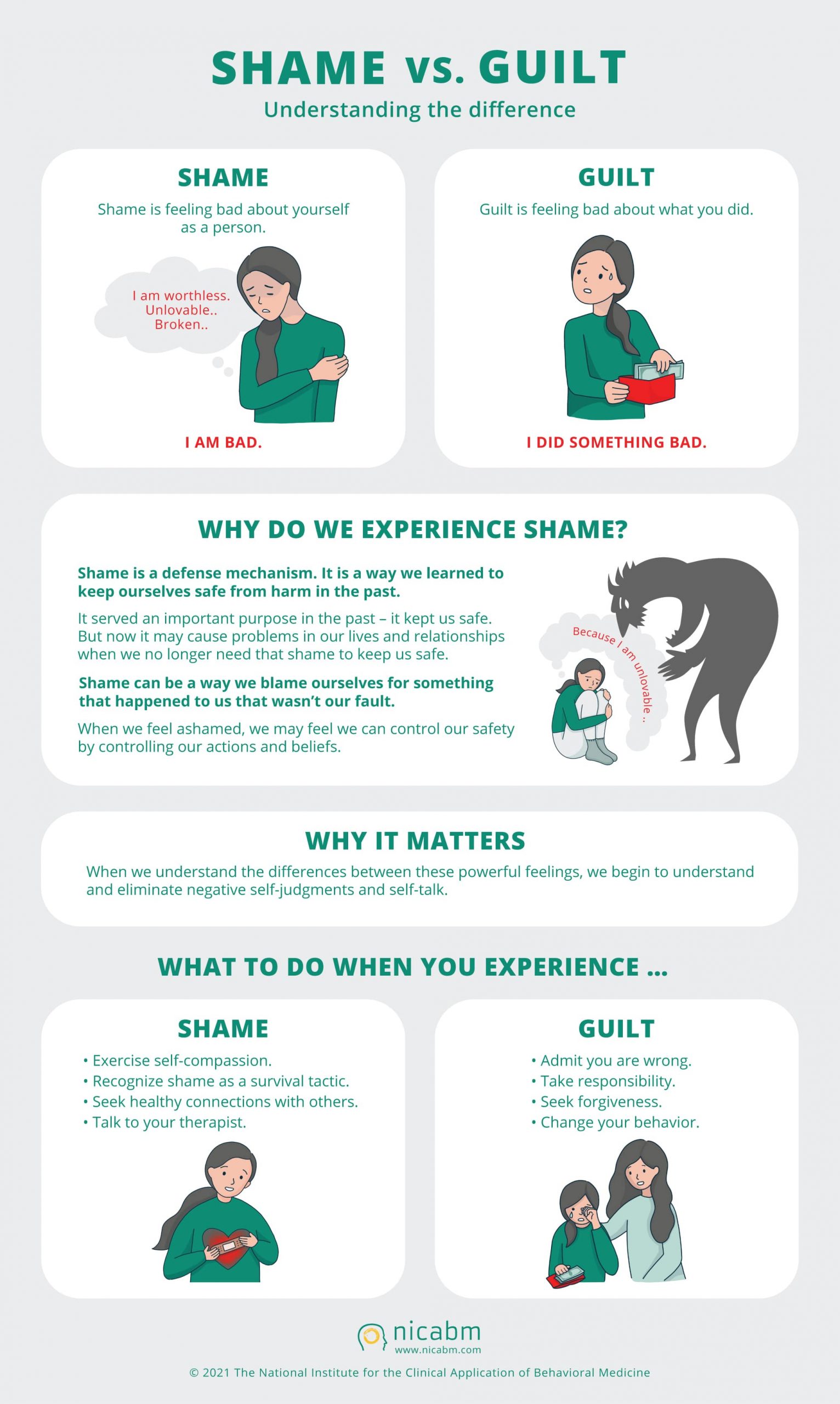
The word selfishness carries a negative weight. For many of us the emphasized on the importance of selflessness, cooperation, and sacrifice for the greater good is important and prioritizing ourselves can be seen as greedy, inconsiderate, or even immoral. Although I do believe that it is important to be agreeable at times, not at the expense of our self. This messaging can be confusing and often lead people feeling guilty about prioritizing themselves. What if being selfish is actually a necessity for our mental health and well-being?
Redefining “Selfish”
Let’s get one thing straight: There’s a difference between selfishness that disregards others and self-prioritization that allows you to show up as your best self. The problem is that society often lumps them together, making us feel guilty for even considering our own needs.
Being “selfish” in a healthy way means:
• Setting boundaries that protect your energy.
• Saying no when something doesn’t serve you.
• Prioritizing rest, self-care, and mental well-being.
• Making choices that align with your values, not just what others expect.
This isn’t about neglecting others—it’s about ensuring you’re taken care of first so that you can be there for others without resentment or burnout.
Why Self-Prioritization Is Essential for Mental Health
1. You Can’t Pour from an Empty Cup
Imagine trying to help others while running on fumes. If you never take time for yourself, exhaustion, resentment, and even depression can creep in. Prioritizing yourself allows you to recharge, making you a more present and supportive friend, partner, or parent. It can lead to self awareness and confidence.
2. Boundaries Protect Your Peace
Saying “yes” to everyone else often means saying “no” to yourself. Learning to set and enforce boundaries isn’t selfish—it’s necessary. Boundaries prevent burnout, help you maintain emotional balance, and teach others how to respect your time and energy.
3. Happiness Comes from Within
Many of us seek external validation, bending over backward to please others, only to feel drained and unfulfilled. True happiness starts with you—knowing what you need and giving yourself permission to prioritize it. We gain pleasure by helping which is wonderful, but not if there is a negative impact on yourself.
4. Self-Care Is Not a Luxury—It’s a Requirement
Taking time for yourself isn’t indulgent; it’s vital. Whether it’s rest, therapy, exercise, or creative expression, self-care allows you to reset and show up for life fully.
How to Embrace Healthy “Selfishness”
1. Give yourself permission – Remind yourself that your needs matter. Taking care of yourself isn’t wrong—it’s necessary.
2. Set boundaries without guilt – Start small: say no to extra work, decline invitations when you need rest, or take time for yourself without explaining.
3. Prioritize your mental health – Schedule self-care as you would any important commitment. Therapy, journaling, meditation, and mindful breaks are all valid ways to nurture yourself.
4. Try to decrease your people-pleasing – You are not responsible for managing other people’s emotions. Your happiness should not come at the expense of your well-being.
Being “selfish” in a healthy way isn’t about disregarding others—it’s about ensuring you’re cared for so that you can show up fully in life. Prioritizing yourself doesn’t make you a bad person; it makes you a whole person.


